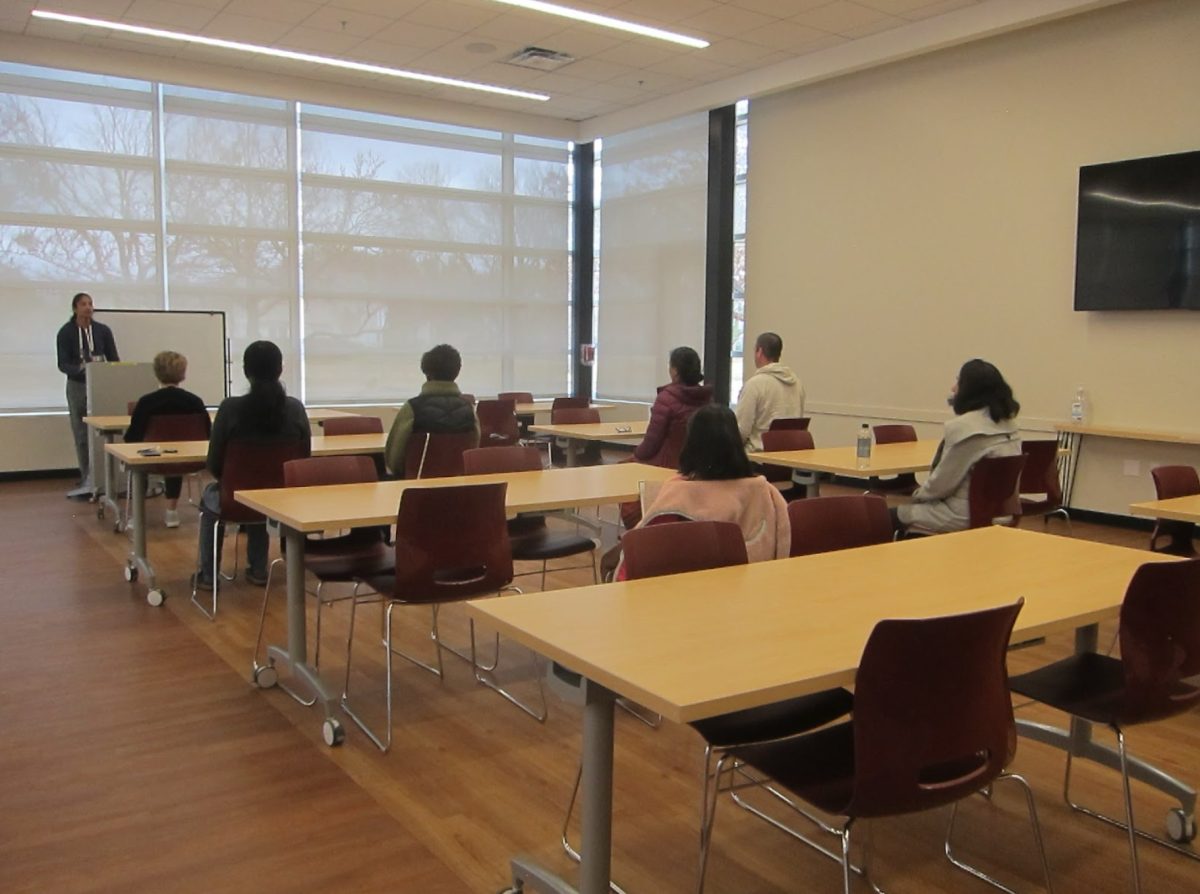In today’s fast-paced world, the pressure to meet the expectations of others can be overwhelming, leading many to fall into the trap of people-pleasing.
While the desire to make others happy is natural, chronic people-pleasing can have harmful effects on mental health and overall well-being. It forces individuals to put their own needs aside, prioritizing external validation over oneself. The problem with always saying “yes” is eventually, it becomes difficult to say “no.”
People-pleasing is often rooted in past stress, where individuals try to protect themselves by aligning with others’ needs. Over time, this pattern becomes deeply ingrained and can feel like an automatic response to every situation.
When every moment is spent trying to appease someone else, there is no time left to take care of oneself. This is why setting boundaries is essential.
Boundaries protect time and energy, ensuring that individuals can focus on their own needs. Saying “no” does not make someone selfish, it makes them self-aware. Setting limits leads to healthier relationships and mental well-being, as well as a stronger sense of identity.
Throughout elementary to high school, I found myself prioritizing the needs of others. I was accommodating every request, whether it was taking on extra responsibilities in group projects or making sure I was always available for friends and family.
While kindness is admirable, it often comes at the cost of one’s own well-being. I realized I was losing track of my own passions and could not rest or self-reflect because I was constantly trying to fulfill others’ expectations.
This self-sacrifice is a common pitfall for students in high school, where the pressure to meet academic, extracurricular and social obligations can feel unrelenting. As I’ve come to learn, prioritizing self-care doesn’t mean neglecting others—it means creating space for both personal growth and external kindness.
Setting boundaries is to reclaim control. It is about learning that it’s OK to say no, and that your needs are just as important as anyone else’s.
Being assertive and honest does not have to be harsh or confrontational, but it does need to be firm and respectful. When we practice this, we model for others that they too can respect their own needs without guilt.
Saying “no” assertively and politely can be done in a way that maintains respect for both yourself and the other person. Some ways you can do this is by saying, “I appreciate the offer, but I won’t be able to,“ or “I’d love to, but I can’t commit to it right now.”
- “I appreciate the offer, but I won’t be able to.”
- “I have other commitments and won’t be able to take this on.”
- “Thank you for thinking of me, but I have to pass at this time.”
- “That’s not something I can do right now.”
- “I need to prioritize other things at the moment, so I’ll have to decline.”
- “I’m not available for that, but I hope you find someone who can help!”
- “I’d love to, but I can’t commit to it right now.”
- “That doesn’t align with my priorities at the moment, but I appreciate you asking.”
As I’ve learned, it is not about being selfish; it is about understanding that saying “no” is an act of self-care, and in the long run, it creates space for healthier relationships and a more balanced life.
When academic pressure and social dynamics often collide, setting boundaries is not just a personal tool—it’s a necessity for thriving.
We cannot pour from an empty cup.
Follow @CHSCampusNews on X.











